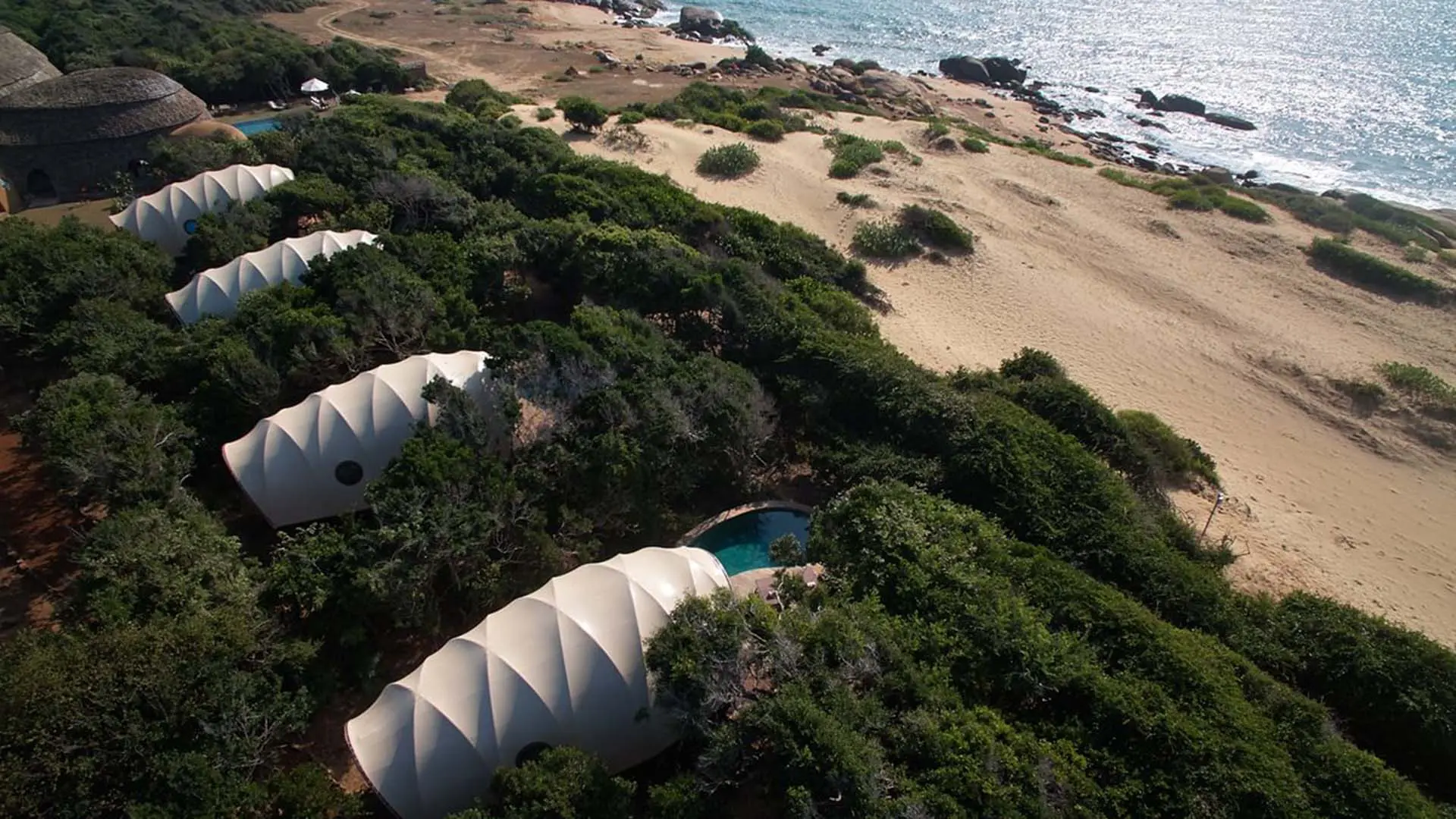Here’s our handy-dandy guide to experiencing Oktoberfest like a pro!

Know That It Actually Starts in September
That’s right. Confusing, we know. Traditionally, Oktoberfest starts the 3rd week in September and ends on the first Sunday in October. That is how they do it in Germany, and this year the festivities kick off September 21 and last until October 6. If you’re stuck stateside, you’ll find that a lot of bars and pubs in the states keep a looser interpretation for their patrons. Still, if authenticity is your thing, scout out celebrations and your travel itinerary around these dates.
The reason for this quirk actually makes sense. In its early years, the festival lasted for a week in October. But people loved it so much (and wanted to take advantage of the many outdoor biergartens in German towns and cities), that they pushed for longer and earlier celebrations – when the weather is still warm!
Pace Yourself
Beer is brewed specially for Oktoberfest and is extra-strong–at least 6 proof. Many a tourist has overdone it – don’t be that guy. With festival tent opening at 9am and staying open until midnight, you’ll want to drink plenty of water and eat throughout the day. Sustenance isn’t a problem – there are many food tents with delicious traditional fare to sample.
An interesting (though probably not surprising fact) is that Oktoberfest’s Lost & Found is a veritable bonanza of lost things each year. When you have 6 million visitors – and a not insignificant number of those partake of the “Oktoberfestbier” varieties, you can well imagine how many items get left behind.
Understand Germans are a Bit Particular
If you land in Berlin and start looking for the nearest “Oktoberfest” celebration, you might find plenty of them for tourists, but to get the authentic experience with locals, you’ll have to head to Munich. Oktoberfest is a particularly Bavarian tradition in the Rhineland and only beers brewed in Munich fit the bill to a German citizen.
Bavarian tradition stipulates that a true Oktoberfest beer be made with only 3 ingredients – beer, hops and barley.
Not a beer drinker? No Problem
Is wine more your thing? They have you covered. There’s a wine tent at the main event in Munich, and most other celebrations will have something for the brewski-averse. Look for the “Weinzelt” tent.

Don’t Call it Oktoberfest in Germany
This one’s a head scratcher, right? The Germans call it Wiesn (pronounced Vee-zen), so again, if you want to blend in like a local, better follow suit. The festival started as a celebration of the marriage of Prince Ludwig and Therese, and the official, German name comes from the land named after the bride – Theresienwiese. Try saying that three times fast after a few beers. No, don’t! But do blow some locals minds by calling it by its’ proper name.
Bring Some Cash
Hanging out at Oktoberfest in Germany is a lot like a day at the ballpark in the States – it’s not cheap. A beer generally starts at around $12.
Bring the Tots
Though many an American tourist heads to Oktoberfest for the supposed Bacchanalia, it’s a surprisingly family-friendly affair. There’s a carnival or state fair atmosphere to the festival, and you’ll notice Germans bring the entire brood.
Know Your History
The reason that beer became a huge drink in Germany stems not from the party-people among the citizenry, but as a drinking alternative to local waters that were infested with disease agents like cholera and the plague. Yecch! Don’t worry. You’re safe to drink to your good health these days.
Where to stay
For more reading on fall festivals, check out this post.
The post How to Make the Most of an Oktoberfest Vacation This Year appeared first on CheapAir.
